Marquis de Lafayette
Marquis de Lafayette was a French military officer who is renowned in the United States for his role in the American Revolutionary War. Lafayette came to the New World at the outbreak of the war, believing the American cause to be just.

He was also a part of the French aristocracy and after the French Revolution he became an important figure in France. Lafayette would later visit United States again and was immortalized as a heroic figure in the American history.
Early Life in France
Lafayette was born to a French family in 1757. He came from an illustrious family whose members had been known in the history for their bravery and chivalry. His ancestors had taken part in some of the most notable military events of French medieval history.
Many of his ancestors, including his own father, died while fighting on the battlefield. At an early age, Lafayette arrived in Paris and was admitted to the College du Plessis. Soon afterwards, he joined the military.

Military Career
At the age of 14, Lafayette joined the French military in 1771. He was initially given a more ceremonial role but was gradually promoted.
By the age of 18, he had already married and had been promoted to the rank of a captain of the Dragoons.
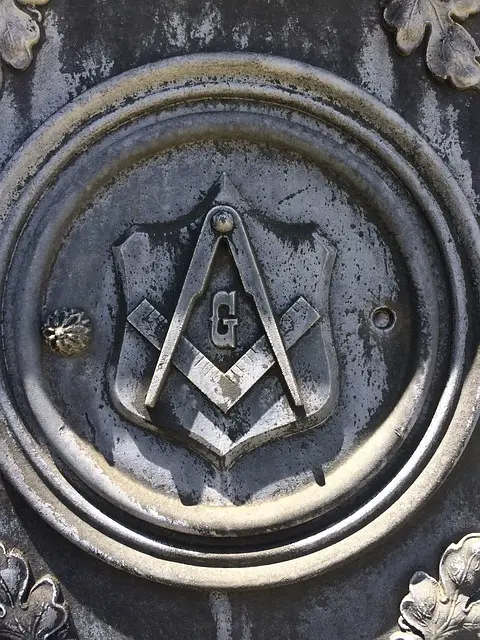
Lafayette also reputedly became a Freemason around this time. This further inculcated the principles of liberty in his spirit. When the American Revolutionary War eventually broke out, French monarchy supported it by supplying it with arms and officers. Lafayette demanded that he be included among the officers to be sent.
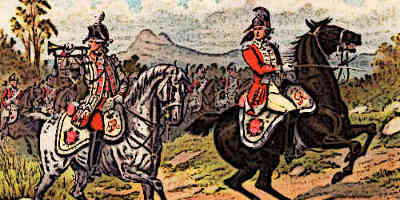
Participation in American Revolutionary War
When Lafayette reached North America, he immediately met with the leadership of the revolutionary forces. His first meeting with George Washington proved immensely important. The meeting would pave the way for his lifelong friendship with Washington.
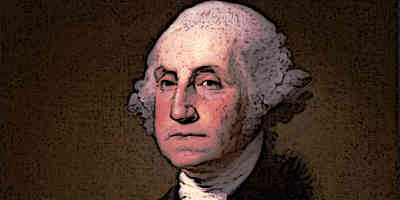
Because he was a foreigner, Lafayette was not initially given any American troops to command. Nevertheless, he played important roles in the Battle of Brandywine and the Battle of Rhode Island.
He was later awarded a ceremonial gold-encrusted sword by the Continental Congress for his role in the war.
Lafayette during the French Revolution
When Lafayette returned to France after the American Revolutionary War, he was given a hero’s welcome and invited to the royal palace by the French king. He would later be appointed a member of the Assembly of Notables.
When the French Revolution took place, Lafayette was made the command-in-chief of the National Guard. He occupied this vitally important position for some time, trying to maintain law and order in Paris. At the same time, he sought to protect the royal family.
This damaged his popularity with the people and he was ultimately forced to resign from his position. Later, Lafayette was appointed as a commander of the French army in Austria. He gave up the command and tried to secure a passage through Austria, intending to return to America. However, he was intercepted and imprisoned.

Lafayette and Napoleon Bonaparte
While Lafayette was still an Austrian prisoner, Napoleon Bonaparte secured a number of decisive victories over the Austrian forces. Napoleon, still only a general, then negotiated the release of the French prisoners in Austrian custody. These included Lafayette who was now free but couldn’t return to France as the revolutionary government was not friendly towards him.

It was Napoleon who would later restore his citizenship and offer to make him a minister to United States. When Lafayette refused, he was also offered a seat in the Senate but he turned down this offer as well. He would then continue to live a quiet and somewhat secluded life throughout the reign of French Emperor Napoleon Bonaparte.
When Napoleon was later defeated at Waterloo, Lafayette publicly called upon him to resign in the interests of France. He also tried to negotiate Napoleon’s passage to America but his efforts were thwarted by the British who exiled Napoleon on Saint Helena.
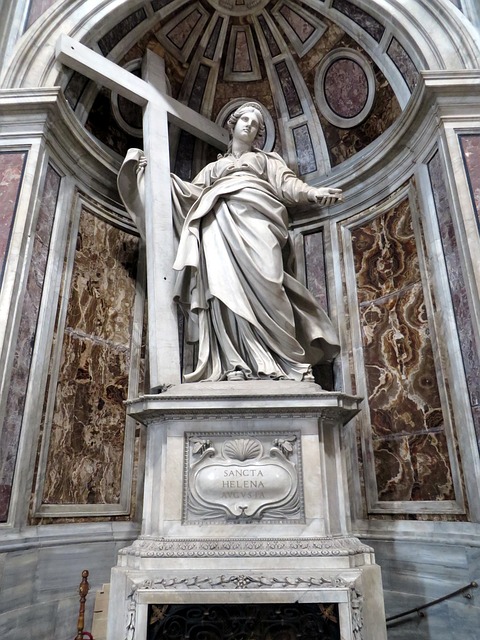
Tour of the United States
In 1824, Lafayette was invited by the American government to participate in the 50-year anniversary of the nation. Lafayette accepted the invitation and travelled to the United States.
When he arrived in New York City, he was met with endless jubilations and celebrations that would go on for four days. He then began a tour of the United States, visiting a number of states. Each state organized extraordinary celebrations to commemorate his arrival and gave him a true hero’s welcome.

Lafayette remained in the United States until 1925 and visited all the 24 states. He also met a number of notable Americans, including General Jackson, former President John Adams and James Madison. The U.S. Congress approved a large parcel of land for him in Florida. Upon his return, he was offered passage on board the USS Brandywine named in his honor.
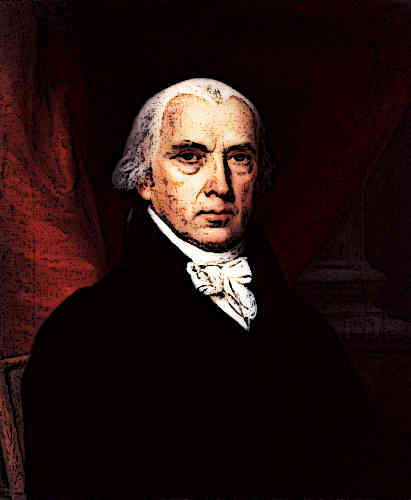
Return to France
Upon his return to France, Lafayette was elected to the Chamber of Deputies. Charles X was the king of France at the time. Lafayette developed serious differences with Charles X. The king tried to oust Lafayette from the Chamber but was unsuccessful.
Then in 1930, Charles issued a number of decrees which abolished civil liberties. As a result, riots began in Paris. Lafayette was made the head of a revolution which saw Charles removed and replaced with Louis-Philippe. At this time, the leading revolutionaries of the day offered Lafayette to become the head of the state but he refused.
Last Years of Life
Lafayette had played an important role in installing Louis-Philippe as the king of France. He had hoped that Philippe would prove to be a better king than his predecessors. However, Philippe soon proved him wrong when he started suppressing civil liberties.
Lafayette became a vocal opponent of the king and spoke publicly against him numerous times. In 1834, he fell seriously ill and died the same year. He was 76 at the time. A military funeral was arranged in France in his honor. In the United States, the U.S.
Congress members draped themselves in black and delivered eulogies in honor of this ‘Hero of the Two Worlds’.
The Marquis: Lafayette Reconsidered Paperback – August 18, 2015